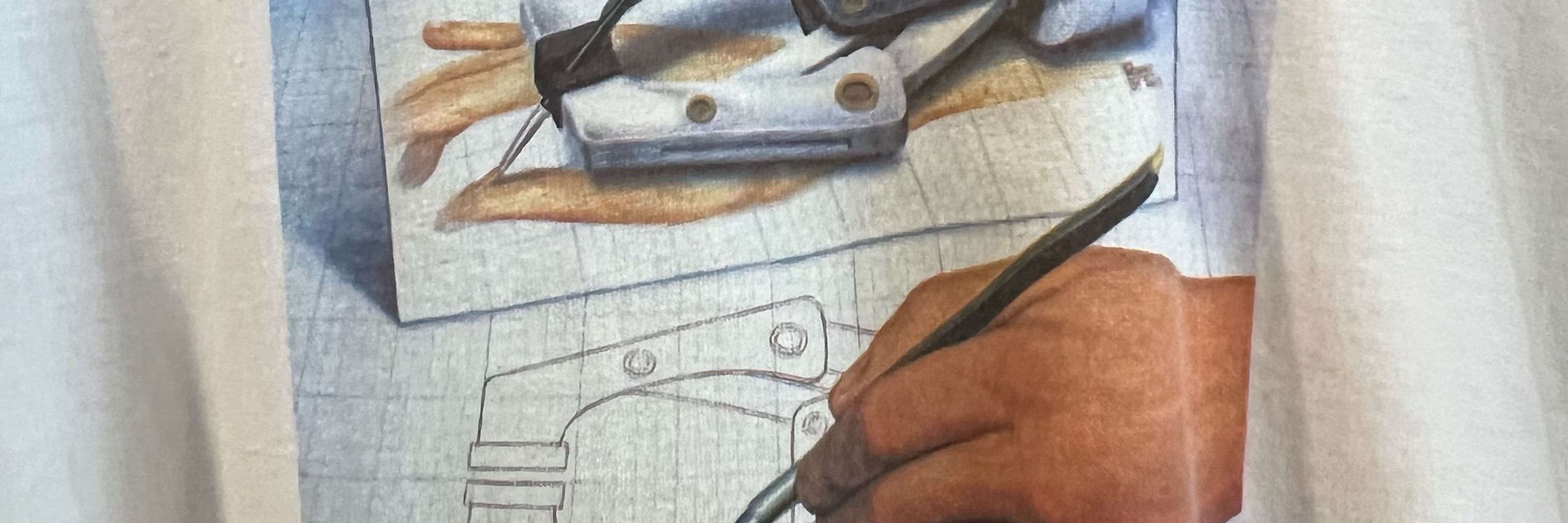
below the contents of the "motherhood package" (äitiyspakkaus) given to mothers (incl. those adopting) in Finland
www.kela.fi/documents/d/...

below the contents of the "motherhood package" (äitiyspakkaus) given to mothers (incl. those adopting) in Finland
www.kela.fi/documents/d/...
two takeaways: a) knowledge economy 'winners' may not be subject to status loss but they sure care about status preservation & b) this is consequential for their attitudes re: immigration & diversity.
Thnx 2 all along this journey!!
The Politics of Status Preservation: Immigration and the Knowledge Economy Class - https://cup.org/3VYHxGx
- @briittavs.bsky.social
#FirstView

two takeaways: a) knowledge economy 'winners' may not be subject to status loss but they sure care about status preservation & b) this is consequential for their attitudes re: immigration & diversity.
Thnx 2 all along this journey!!
Nancy Fraser's "From redistribution to recognition? Dilemmas of justice in a 'post-socialist' age" from 1995
newleftreview.org/issues/i212/...

Nancy Fraser's "From redistribution to recognition? Dilemmas of justice in a 'post-socialist' age" from 1995
newleftreview.org/issues/i212/...


